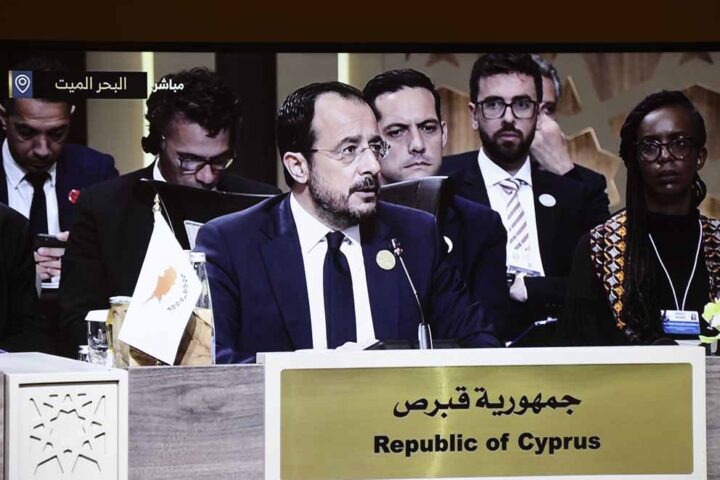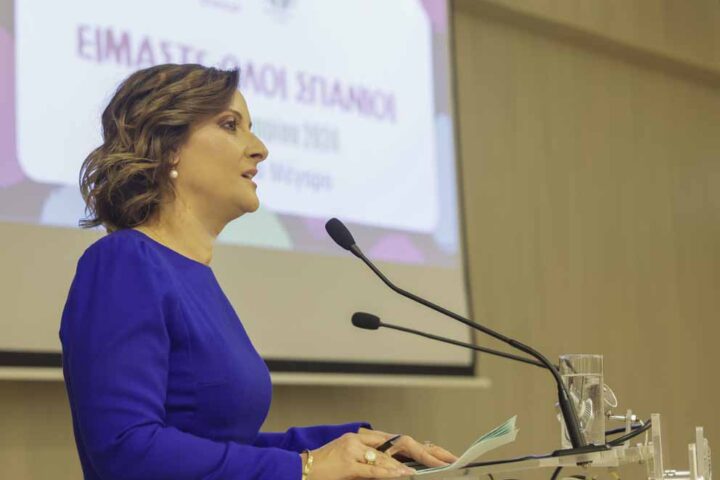Perhaps no question concerning the Middle East and Europe today has been more loudly voiced than “What is Turkey doing?”.
And rightfully so, Turkey, once hailed by the international community as a role model in its region, has become an increasingly ‘unpredictable’ and ‘unintelligible’ actor in the last 10 years of Erdogan’s rule.
To exemplify, Turkey has been flexing its military muscle for another major attack against the US-backed Kurdish forces in Syria.
It keeps Sweden at the gates of NATO while actively participating in several NATO missions and selling armed drones to Ukraine for use against the Russian invasion.
It’s been keeping the Turkish Straits shut to Russian military vessels while procuring S400 defence systems from Russia while intending to act as a peace broker in the Ukrainian conflict.
President Erdogan would argue that nothing is surprising about any of that, for this is precisely what “new Turkey” is about.
Geopolitically speaking, they say the new Turkey is both a staunch NATO ally and an independent regional player struggling against Western imperialism.
Economically, it is a fully functional market economy that thinks outside the box against Western economic ‘dogmas’.
Politically, it is a liberal democracy, yet one with Turkish characteristics.
For several critical commentators, however, Turkey is now a textbook case for nationalist authoritarianism, economic irrationality, and geopolitical aggressiveness.
Randomisation
The randomisation of Turkey’s foreign policy has been fueled, at least partly, by the randomisation of its political economy and vice versa.
That is, on the political economy front, what has become clear in the last decade is that with the downturn in the global economy and the draining of available credit channels, the AKP is no longer able to solve the heightening social contradictions at home through the financialised and rule-based forms of economic management.
Until the early 2010s, the “independence” of economic decision-making was propped up by favourable credit conditions worldwide: global liquidity has eased the socioeconomic costs of restructuring at home and helped finance the chronic capital account deficit and the credit requirements of the private sector without having to tweak the independence of institutions.
While this eventually caused the national debt to skyrocket, it also ensured the acceptability and “neutrality” of market outcomes.
The global liquidity helped, at least for a while, to reproduce the impersonal, depoliticised and rule-based appearance of the markets.
Yet, 2013 saw the tightening by the US Federal Reserve of the global supply of credit, on which Turkish growth, particularly in the construction sector, was dependent.
The AKP has increasingly perceived the “independence” of economic and juridical institutions such as the Central Bank and the Constitutional Court more as a problem than a solution to its domestic and international woes, regularly intervening in the election of its board members.
With the downturn in the global economy and the concomitant draining of available credit channels, the AKP can no longer solve the heightening social contradictions through rule-based forms of economic management.
The shift from the long-standing parliamentary system to a centralised Russian-style presidential one in 2018 has helped to consolidate this new trend, further centralising decision-making.
Economic management has become increasingly short-term, arbitrary and unaccountable, all to meet the needs of an expansionary monetary policy and electoral concerns.
The lack of a clear and consistent economic strategy has made the economic management look increasingly random, leading to currency crises, inflation, and widespread poverty.
Geopolitical Adventurism
When economic incentives and imperatives were insufficient to mute societal dissent and demands, the AKP resorted to increasingly authoritarian measures to undermine existing constitutional political rights.
It has also instrumentalised foreign policy for domestic purposes.
It has used foreign policy decisions to divert attention from the domestic economic crisis, further undermining economic management in Turkey.
Most notably, the AKP cadres saw the Arab Spring as an opportunity to redesign the region and prop up ailing popular support for the government at home.
Turkey has forced regime change, sought alliances outside the West, armed local groups, and become militarily involved in various conflict zones in its (extended) neighbourhood, most notably in Syria and Libya, in a desperate move to fill the power vacuum and hold up its domestic image as a regional superpower.
Turkey has adamantly opposed the US backing of the Kurdish People’s Protection Units YPG, raising ‘existential’ security concerns.
It has pressed for a 30-km-deep buffer zone along its 800-km-long border with Syria to protect its borders from YPG attacks (if any) and resettle Syrians whom the conflict has displaced.
Whether or not one agrees with the AKP’s security concerns, it is unclear how the proposed solution can improve Turkey’s security, let alone the near impossibility of effectively securing such a long corridor.
There are huge question marks concerning the logistics of how to resettle and provide millions of displaced Syrians with their most basic needs (food, water, and jobs) in an economically sustainable way.
Turkey’s invasion of northern Syria looks less about Turkey’s security and more about scoring easy geopolitical points for domestic consumption and obtaining geopolitical bargaining chips.
Rising Tensions
While such unilateral geopolitical manoeuvres seemed to have paid off for some time, amplifying Erdogan’s grandeur at home, they also led to Turkey’s increased diplomatic isolation within the Western alliance and the region, instigating the emergence of rival spatialisation strategies.
Most notably, Greece, frightened and emboldened by Turkey’s increasingly assertive and unilateral moves, has successfully internationalised the long-standing bilateral issues over the Eastern Mediterranean, forming alliances against Turkey.
There have been long-standing disputes concerning sea and air space borders between Turkey and Greece.
From a Turkish perspective, Greece has had quite maximalist claims regarding territorial waters and airspace in the Aegean and the delimitation of exclusive economic zones, which raises the fear of losing access to international seas.
Turkey’s intervention in the Libyan civil war in 2019 and the subsequent announcement of an equally maximalist maritime delimitation agreement between Turkey and Libya has escalated geopolitical tensions in the Eastern Mediterranean to a completely different level.
Turkey has consequently claimed a huge chunk of the Eastern Mediterranean as its new ‘Blue Homeland‘, an officially proclaimed and legally dubious doctrine that gives Turkey energy exploration rights close to even big Greek islands such as Crete.
In return, against what it sees as Turkish encroachments on its sovereignty, Greece has signed bilateral defence agreements with France and the United States.
Meanwhile, the Turkish-US stalemate in Syria seems to have convinced the US that the balance of power it has traditionally kept between Turkey and Greece may not be worth maintaining any longer.
The US is opening new US bases in Greece and upgrading Greek F-16 fighter jets while holding off Turkish demands to modernise its air force.
The US seems very likely to greenlight the sale of F-35 stealth fighter jets to Greece, whereas it removed Turkey from the F-35 co-production program after Turkey purchased Russian S-400 defence systems.
Solving the Kurdish Issue
The actual and potential costs of Turkey’s geopolitical adventurism seem to massively outweigh its political and economic ‘benefits’.
Therefore, policymakers in Turkey are coming to a major crossroads.
On the one hand, they can perpetuate their self-deceptive and self-defeating nationalism by continuing the never-ending war against the PKK and YPG.
While this may bring easy territorial gains in Syria while consolidating nationalist voters, it will also strain Turkish-US relations, further undermining Turkey’s ‘security’ interests.
Moreover, although the war in Ukraine seems to have reminded the West of the geopolitical significance of Turkey and that Turkey has been trying to mend ties with regional rivals such as Greece, Israel, Egypt, and Saudi Arabia, two things should not be forgotten: Turkey’s charm offensive in Europe and the Middle East has yet to produce any tangible outcome.
The overconfident and short-term foreign policy decisions will sooner or later lead to Turkey’s further diplomatic isolation while weakening the already ailing economy, aggravating the authoritarianism and randomisation of Erdogan’s regime.
Turkish policymakers can take a radically different path: ending the 40-year-long inconclusive war by fixing their Kurdish problem.
They can recognise the new international realities on the ground and initiate another ‘peace process’.
If Turkey manages to demilitarise its Kurdish issue, it will help normalise Turkey’s relations with the US and the West in general.
Normalising relations with the US would help restore power balances in the Aegean and Eastern Mediterranean is the only basis from which we can hope to reach a solution in Cyprus and the Aegean through diplomatic means.
By Eren Duzgun, Assistant Professor of Political Science at the University of Cyprus










